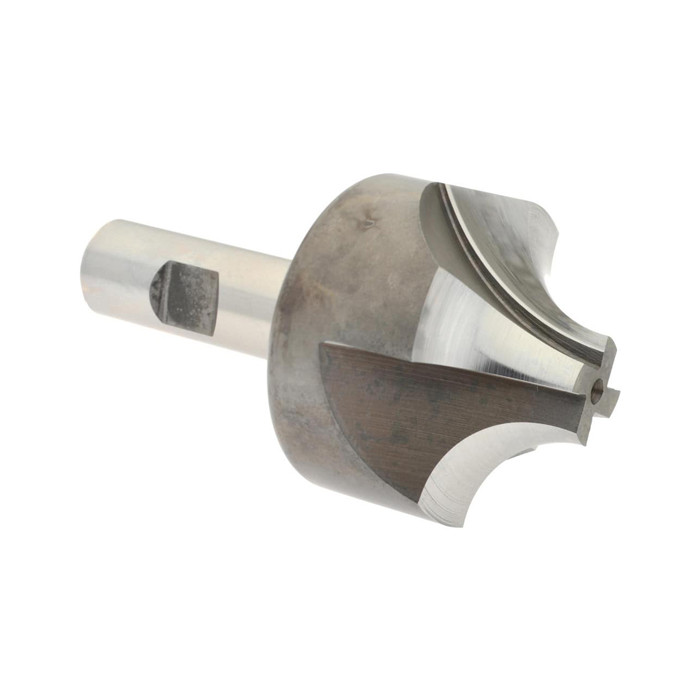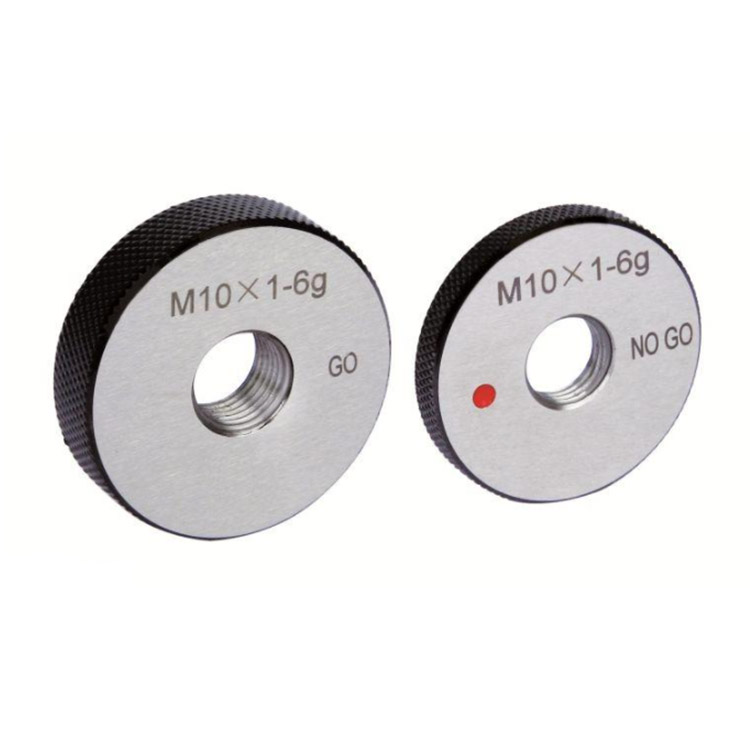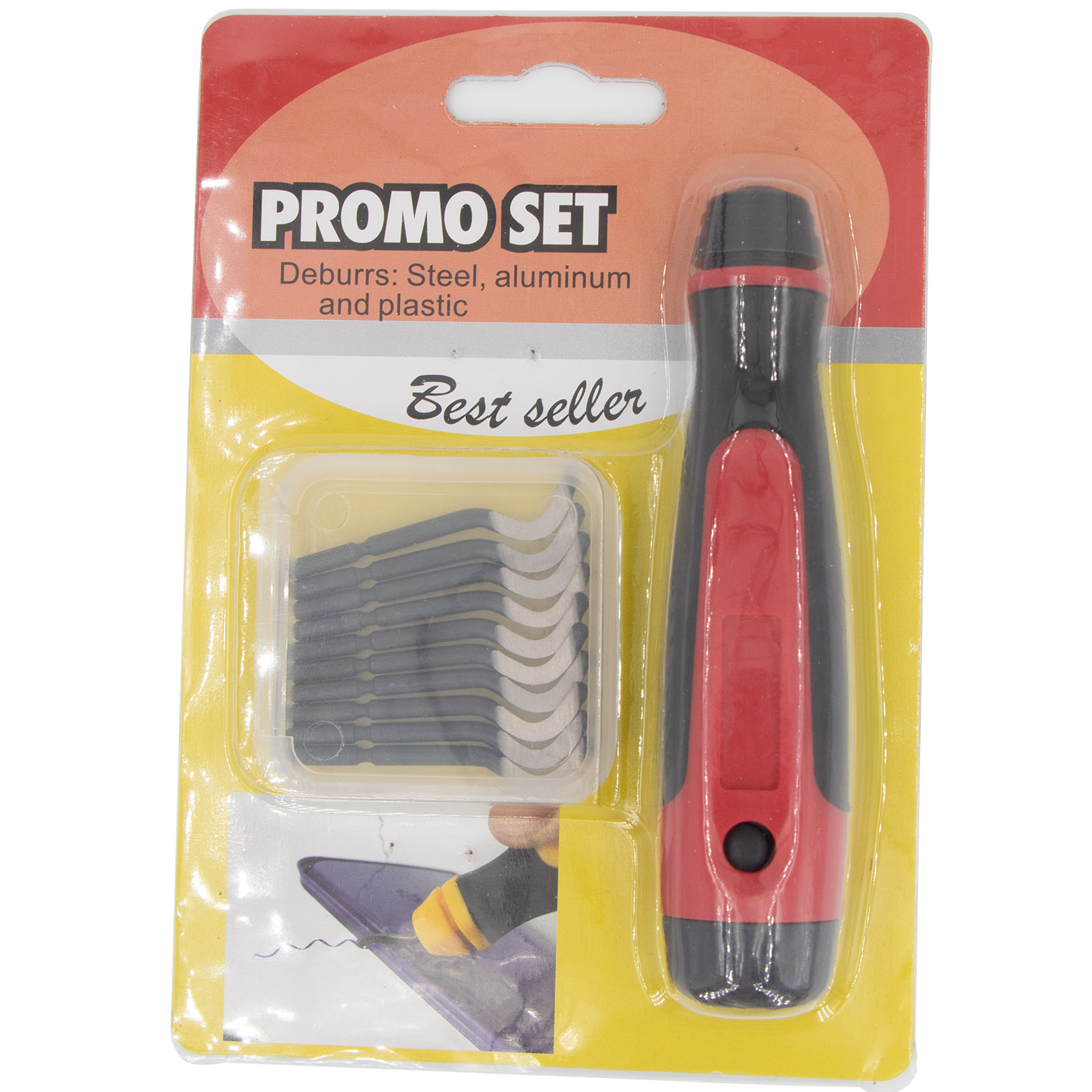Carbide Tipped Hole Cutter Supplier
Choosing the right carbide tipped hole cutter supplier is crucial for ensuring the quality and efficiency of your drilling operations. This comprehensive guide will help you navigate the market, understand the key factors to consider when selecting a supplier, and ultimately find the best partner for your specific requirements. We’ll cover everything from understanding carbide grades to evaluating supplier reputation, empowering you to make an informed decision.
Understanding Carbide Tipped Hole Cutters
What are Carbide Tipped Hole Cutters?
Carbide tipped hole cutters, also known as annular cutters, are specialized cutting tools designed to create precise and clean holes in various materials, including steel, stainless steel, aluminum, and even wood. Unlike twist drills that grind away material, carbide tipped hole cutters shear the material around the circumference of the hole, resulting in faster cutting speeds, smoother finishes, and less material waste. The carbide tips provide exceptional hardness and wear resistance, allowing these cutters to maintain their sharpness for extended periods, especially when working with harder materials.
Benefits of Using Carbide Tipped Hole Cutters
Choosing carbide tipped hole cutters offers several advantages over traditional drilling methods:
- Faster Cutting Speeds: Shear cutting action significantly reduces cutting time.
- Cleaner Holes: Produces burr-free holes that often require minimal deburring.
- Improved Accuracy: Creates precise and consistent hole diameters.
- Longer Tool Life: Carbide tips ensure extended durability and reduce the need for frequent replacements.
- Less Material Waste: Shear cutting minimizes material removal and creates a solid slug instead of chips.
Applications of Carbide Tipped Hole Cutters
Carbide tipped hole cutters find widespread use in various industries, including:
- Metal Fabrication: Creating holes in structural steel, sheet metal, and other metal components.
- Construction: Drilling holes for pipes, conduits, and other fixtures.
- Manufacturing: Producing holes in machined parts, equipment housings, and other products.
- Automotive: Drilling holes for repairs, modifications, and custom applications.
- Aerospace: Precision drilling in aircraft components and structures.
Key Factors to Consider When Choosing a Carbide Tipped Hole Cutter Supplier
Quality of Carbide and Manufacturing Process
The quality of the carbide used in the tips and the precision of the manufacturing process directly impact the performance and lifespan of the carbide tipped hole cutter. Look for suppliers who use high-grade carbide materials and employ advanced manufacturing techniques to ensure consistent quality and performance. Ask about the carbide grade (e.g., K10, K20, etc.) and the hardness rating (HRA). Higher hardness generally indicates better wear resistance.
Range of Products and Sizes
A reliable carbide tipped hole cutter supplier should offer a comprehensive range of cutter sizes, depths, and configurations to meet diverse application requirements. Consider whether the supplier offers custom cutter options for specialized needs. Think about the materials you'll be cutting and the range of hole sizes you'll need. A supplier offering a wide selection minimizes the need to source from multiple vendors.
Supplier Reputation and Experience
Choose a supplier with a proven track record of providing high-quality products, excellent customer service, and reliable delivery. Read online reviews, check for industry certifications, and ask for references from other customers. A long-standing history in the industry often indicates expertise and stability. Consider manufacturers like Wayleading Tools, known for their quality and reliability. The experience of a carbide tipped hole cutter supplier often translates to better product knowledge and support.
Pricing and Payment Terms
While price should not be the sole determining factor, it's essential to compare pricing among different suppliers. Consider the total cost of ownership, including the initial price, the lifespan of the cutter, and any associated service or maintenance costs. Inquire about payment terms, volume discounts, and return policies. Ensure the supplier offers transparent pricing and flexible payment options to suit your budget and cash flow.
Shipping and Delivery
A reliable supplier should offer efficient and timely shipping options to minimize downtime and ensure prompt delivery of your order. Inquire about shipping costs, delivery times, and tracking information. Consider whether the supplier offers expedited shipping options for urgent orders. Ensure the supplier has a robust logistics network to handle your orders effectively.
Technical Support and Customer Service
Excellent technical support and customer service are crucial for resolving any issues or answering questions you may have about the product. Choose a supplier that provides responsive and knowledgeable technical support, either online or via phone. Inquire about their return policy and warranty coverage. A supplier that prioritizes customer satisfaction is more likely to provide a positive and hassle-free experience.
Evaluating Carbide Tipped Hole Cutter Supplier Options
Requesting Quotes and Samples
Before making a final decision, request quotes from several potential suppliers. Provide detailed information about your application requirements, including the materials you'll be cutting, the hole sizes you need, and the quantity of cutters you require. Ask for samples of their carbide tipped hole cutters to evaluate their quality and performance firsthand. Testing samples allows you to assess the cutting speed, accuracy, and durability of the cutters before committing to a larger order.
Checking Certifications and Standards
Verify that the supplier's products meet relevant industry certifications and standards, such as ISO 9001 (quality management system) or ANSI standards (performance and safety). These certifications demonstrate the supplier's commitment to quality and compliance. Checking for certifications ensures that the cutters have been tested and validated to meet specific performance criteria.
Visiting the Supplier's Facility (If Possible)
If feasible, consider visiting the supplier's manufacturing facility to assess their capabilities, equipment, and quality control processes. This provides an opportunity to meet the team, inspect the production line, and gain a better understanding of their operations. A facility visit can help you build confidence in the supplier's ability to meet your requirements.
Maintaining Your Carbide Tipped Hole Cutters
Proper Storage and Handling
Store carbide tipped hole cutters in a clean, dry environment to prevent corrosion and damage. Handle them carefully to avoid chipping or breaking the carbide tips. Use protective cases or sheaths to prevent accidental contact with other tools or surfaces.
Regular Cleaning and Inspection
Clean your carbide tipped hole cutters after each use to remove any debris or build-up. Inspect the tips for signs of wear, damage, or chipping. Sharpen or replace the cutters as needed to maintain optimal performance. Proper maintenance extends the life of the cutters and ensures consistent cutting performance.
Using the Correct Cutting Fluids
Using the correct cutting fluids can significantly improve the performance and lifespan of carbide tipped hole cutters. Select a cutting fluid that is specifically designed for the material you're cutting and the type of cutting operation you're performing. Follow the manufacturer's recommendations for dilution and application.
Conclusion
Finding the right carbide tipped hole cutter supplier requires careful consideration of several factors, including the quality of the carbide, the range of products offered, the supplier's reputation, pricing, shipping, and technical support. By following the guidelines outlined in this article, you can make an informed decision and choose a supplier that meets your specific needs. Remember to prioritize quality, reliability, and customer service to ensure a long-term and successful partnership. Consider reaching out to experienced suppliers like Wayleading Tools to discuss your specific needs and requirements.
Table 1: Comparison of Carbide Grades
| Carbide Grade | Hardness (HRA) | Toughness | Recommended Applications |
|---|---|---|---|
| K10 | 92-93 | High | Non-ferrous metals, plastics |
| K20 | 91-92 | Medium | Cast iron, steel |
| K30 | 90-91 | Low | Hardened steel, abrasive materials |
Source: Material hardness data based on general industry standards and may vary slightly between manufacturers. Always refer to the specific product specifications provided by the carbide tipped hole cutter supplier.
Related products
Related products
Best selling products
Best selling products-
 Metric HSS Step Drills With Straight Flute
Metric HSS Step Drills With Straight Flute -
 Single Wheel Knurling Tools With Straight Pattern For Industrial Type
Single Wheel Knurling Tools With Straight Pattern For Industrial Type -
 Double-beam Digital Gauge With Digital Counter
Double-beam Digital Gauge With Digital Counter -
 HSS Metric Square Tool Bit With Industrial Type
HSS Metric Square Tool Bit With Industrial Type -
 HSS Metric & Inch Corner Rounding End Mill For Industrial
HSS Metric & Inch Corner Rounding End Mill For Industrial -
 Metric Thread Ring Gauge 6g Accuracy With Go & NO Go
Metric Thread Ring Gauge 6g Accuracy With Go & NO Go -
 Carbide Tipped Hole Cutter For Cutting Stainless Steel And Iron Or Steel Plate
Carbide Tipped Hole Cutter For Cutting Stainless Steel And Iron Or Steel Plate -
 Boring Head Shank For Boring Head With Industrial Type
Boring Head Shank For Boring Head With Industrial Type -
 Precision V Block And Clamps Set With High Quality Type
Precision V Block And Clamps Set With High Quality Type -
 Precision Dustproof Dial Caliper Of Double Shock-Proof For Industrial
Precision Dustproof Dial Caliper Of Double Shock-Proof For Industrial -
 Type E Heavy Duty Deburring Tool Set With Deburring Holder And Deburring Blade
Type E Heavy Duty Deburring Tool Set With Deburring Holder And Deburring Blade -
 Metric HSS Annular Cutters With Weldon Shank For Metal Cutting
Metric HSS Annular Cutters With Weldon Shank For Metal Cutting











